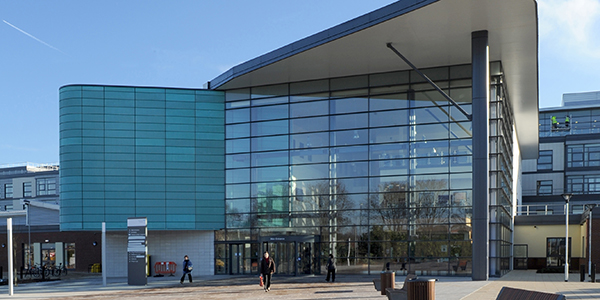
October 31, 2017, by studentcontributor
My Clinical Phase 1 Experience
Hi, my name is Hayley and I am fourth year medical student on my Clinical Phase 2 placement. Moving to the clinical phases is an exciting time that us medics have been looking forward to the most- getting the patient experience and getting to do hands on tasks!
It may also seem very daunting at the same time, as it is such a contrast in comparison to sitting in lectures for hours.
So just a little bit about CP1- it consists of 17 weeks on Medicine and Surgery. The first few weeks is an introductory period to refresh your history taking and examination skills; as well as refreshing your knowledge about common conditions that you’ll see on the wards.
I was placed at the Royal Derby hospital for CP1 and I really enjoyed it there. Our time there was divided into seven different rotations (a mix of Medicine and Surgery) which lasted two weeks each; so, a total of 14 weeks on the different specialties. During this time, we had a mixture of lectures, tutorials, time on the wards and practical sessions with patients. There are several tasks like examinations and presenting histories that require signing off called MACCS. The purpose of these are to test your competence in different skills and is mandatory to sign off. Don’t worry about this, there are plenty of chances to practice and opportunities to get it signed off!
I found that studying for CP1 is a lot more independent, you are expected to read up and know the learning objectives related to the speciality. I would recommend reading up before starting the new rotations so you have a foundation of knowledge and can answer some of the Dr’s questions/to not feel embarrassed!
My advice for your time during CP1 is just to really get involved and be enthusiastic! The doctors really appreciate this and will often put more effort into teaching you, as well as allowing you to do tasks such as blood taking and clerking. I would recommend spending as much time as you can on the wards, it is a very good learning experience to see different conditions in real life and to take thorough histories. History taking skills, as I’m sure you’re aware, is extremely important for doctors and CP1 is a great time to practice, develop your own history taking techniques and can help manage the timings better.
Just go out there and enjoy CP1!
Contributor: Hayley Cheung, 4th Year medical student
(WAMs Committee 2017)
No comments yet, fill out a comment to be the first

Leave a Reply